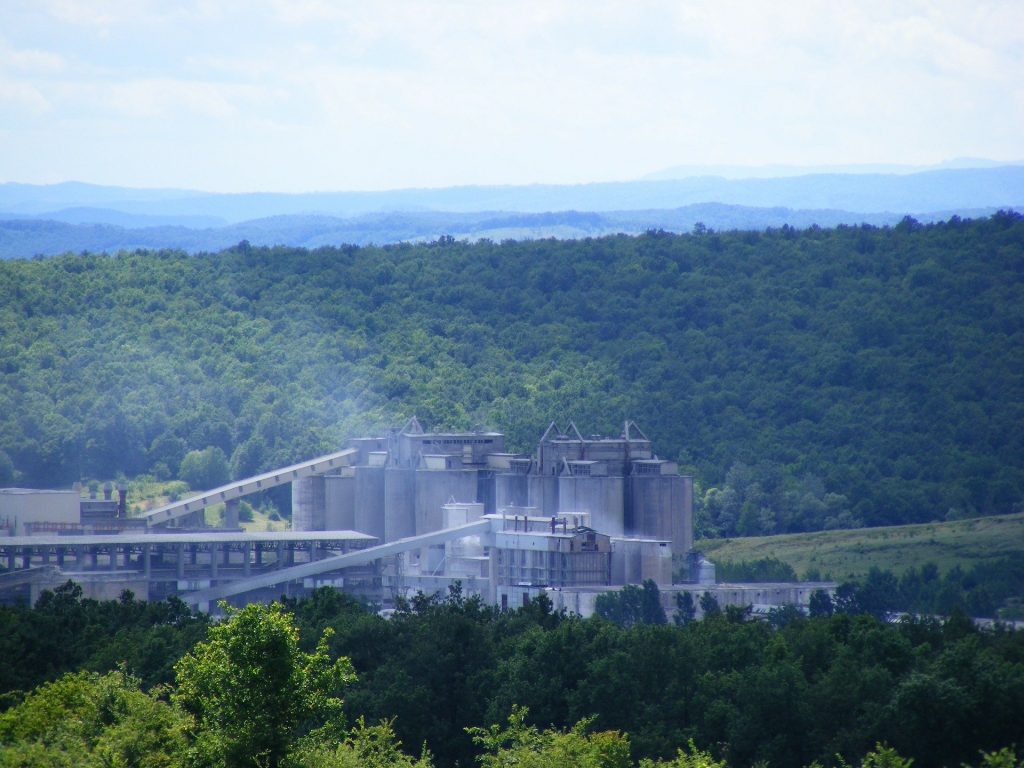
FCT Combustion is pleased to announce our involvement with the Low Emissions Intensity Lime and Cement (LEILAC) research project, part of the European Union’s Horizon 2020.
The first iteration of the project, LEILAC-1, verified that Direct Separation, a new type of carbon capture technology, could be applied to the cement and lime industries to efficiently capture unavoidable emissions from the processing of limestone, which is made up of 50% by weight CO2 and accounts for more than 60% of total CO2 emitted from lime and cement processing.
Following the success of the LEILAC-1 pilot, capturing 5% of the total process emissions, LEILAC-2 now aims to improve on this by constructing a Demonstration Plant on a fully operational HeidelbergCement plant in Germany, representing a 4 x scale up from LEILAC-1, capturing around 20% of the full-scale plant’s process emissions.
FCT Combustion is contributing technical expertise to the design of the combustion system, and its ability to use solid alternative fuels. FCT will contribute extensive modelling and design expertise for the design of the furnace, burners and combustion system, with the aim of safely, reliably and efficiently transferring energy to the Direct Separation Reactor at the core of the technology.
Direct Separation re-engineers the existing process flows of a traditional calciner by indirectly heating the material being processed via a special steel vessel. The unique system enables pure CO2 to be captured as it is released during the calcination of limestone (CaCO3) to lime (CaO), as the furnace exhaust gases are kept separate. As the CO2 is not mixed with any other gas in the process, it is able to be easily stored or recycled as an inexpensive and simple fuel source.
LEILAC-2 commenced in April 2020 and is scheduled to run until the end of March 2025. A unique consortium of partners has come together to create this ground-breaking carbon capture technology.
The LEILAC-2 consortium is led by Calix and includes a number of industrial partners (HeidelbergCement, Lhoist, CIMPOR) along with other key organisations and research institutes. For more information, please visit www.project-leilac.eu

